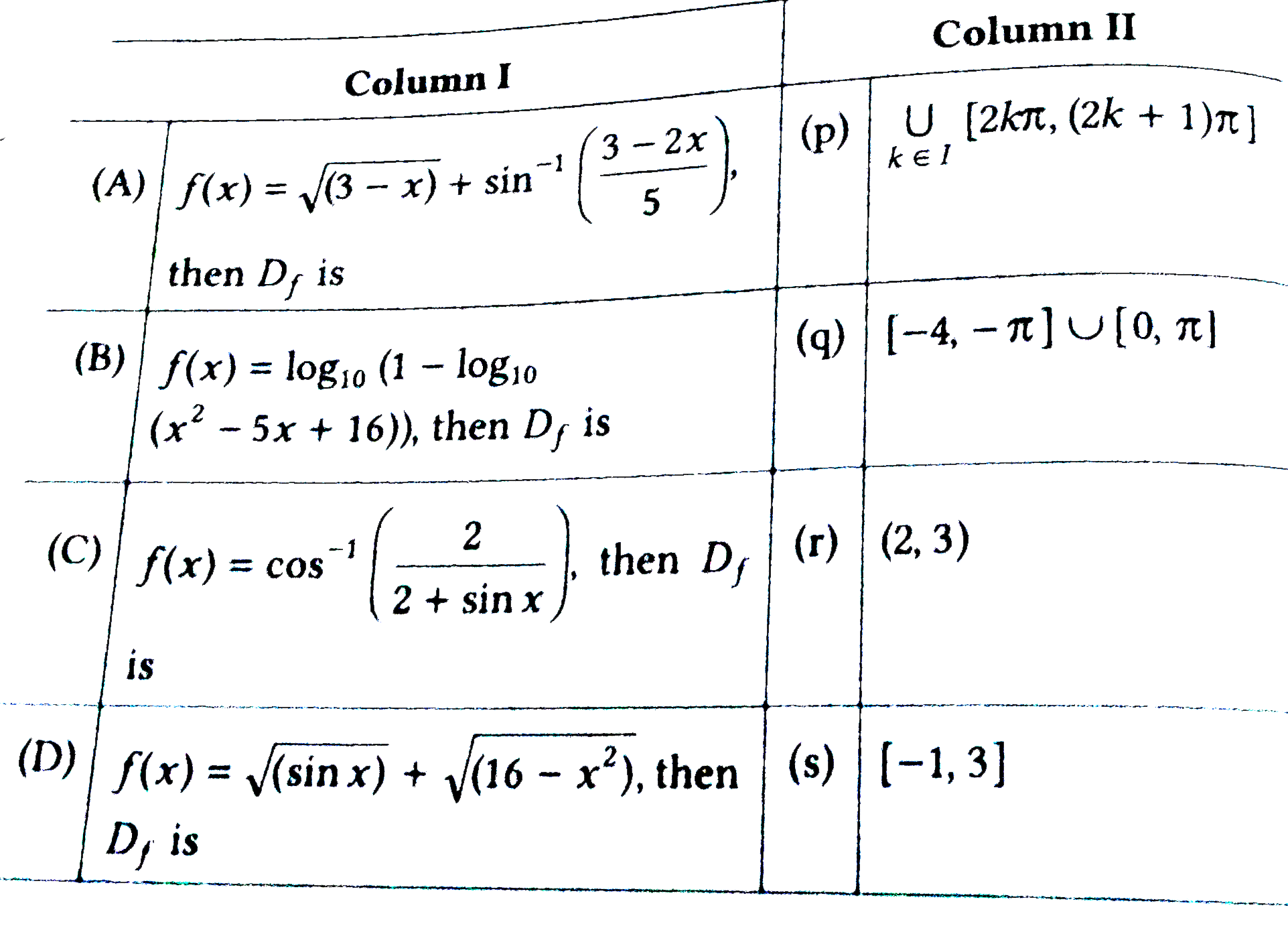If D =diag. [d1,d2,...,dn], then prove that f(D) = diag. [f(d1),f(d2),...,f(dn)], where f(x) is a polynominal with scalar coefficieents.Solution in Tamil
Step by step video & image solution for If D =diag. [d_(1), d_(2),..., d_(n)], then prove that f(D) = diag. [f(d_(1)), f(d_(2)), ... , f(d_(n))], where f(x) is a polynominal with scalar coefficieents. by Maths experts to help you in doubts & scoring excellent marks in Class 12 exams.
Updated on:21/07/2023Similar Questions
The domain of the function f(x) is denoted by Df

View Solution[" An alpha-particle is projected towards "],[" a Cu nucleus,an Au nucleus and an Ag "],[" nucleus with same speed from a large "],[" distance.The distances of closest "],[" approaches were found to be "],[d_(1),d_(2)" and "d_(3)" respectively.Which of the "],[" following is correct? "],[[" (A) "d_(1)
View Solutionयदि D=diag[d1,d2,d3,….,dn] जहाँ di≠0,∀I=1,2,…..,n,तब D−1 का मान है
View SolutionLet the function f:Df→[0,π2] be given by f(x)=cos−1(log12(x21+x2)) ,then (where Df is domain of f(x)
View SolutionIf D = "diag" [d_(1),d_(2),d_(3),….,d_(n)] Where d_(i) != 0, AA I = 1, 2 ,….., n, Then D^(-1) The value of
View SolutionA sequence d1,d2,d3... is defined by letting d1=2 and dk=dk−1k, for all natural numbers, k≥2. Show that dn=2n!, for all n∈N.
View SolutionIf the projection of a line of length d on the coordinate axes are d1,d2,d3 respectively then, prove that d2=d21+d22+d232
View SolutionIf d1,d2,d3 are the diameters of three ex-circles of a triangle then d2d2+d2d3+d3d1=
View Solution
